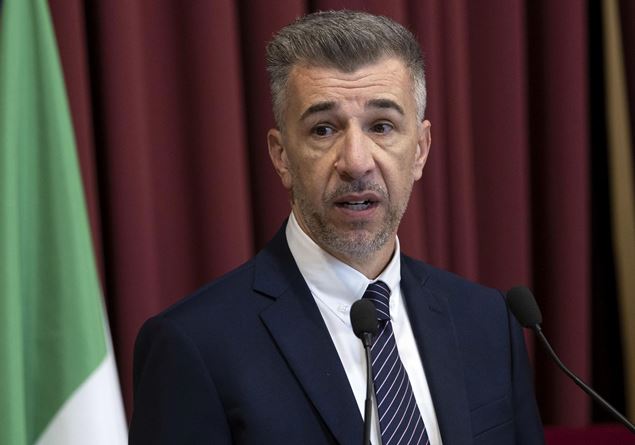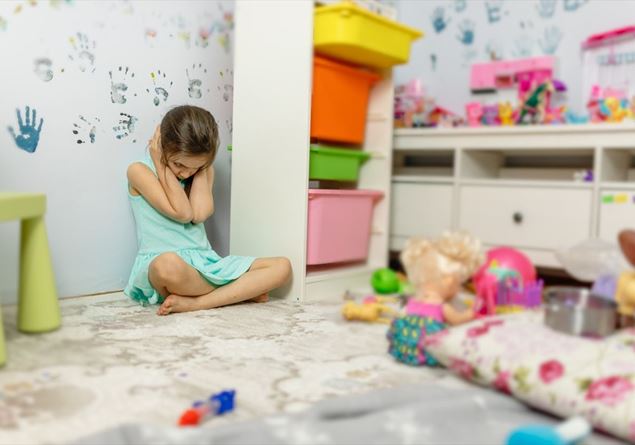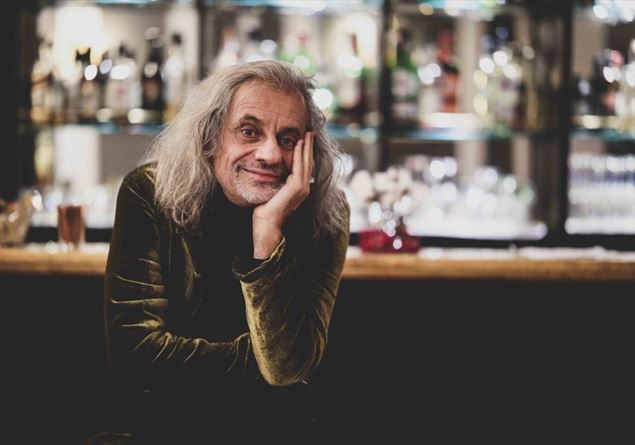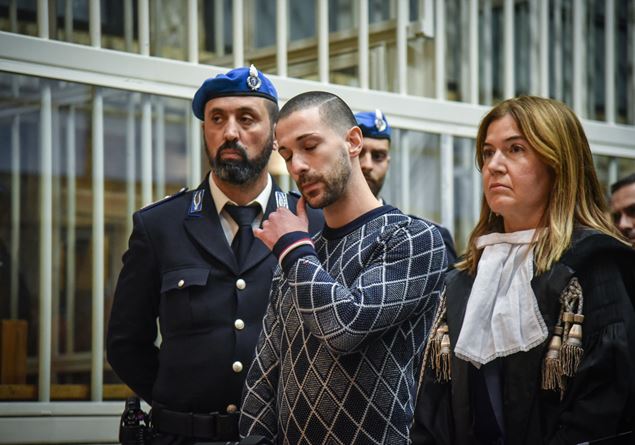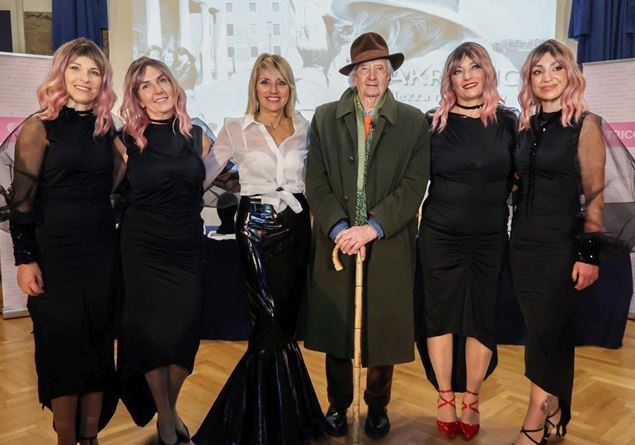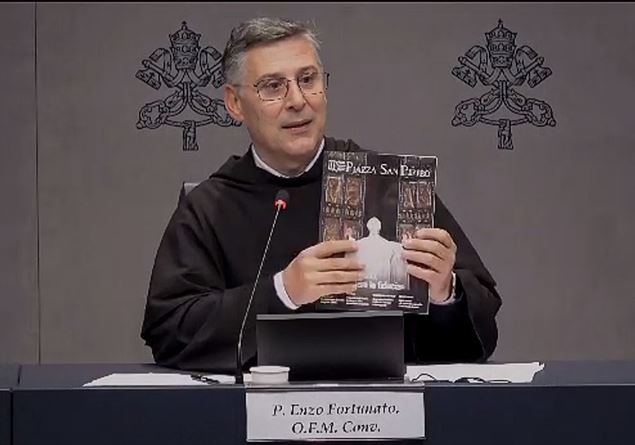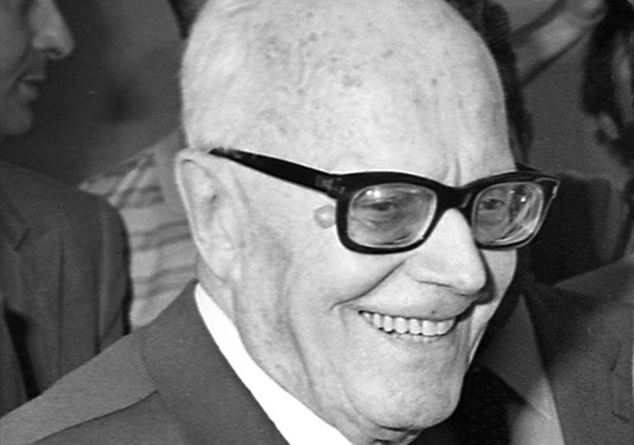
Indro Montanelli said that Italians need trouble to get out of it. And Italy has been through a lot of trouble in its 78 years of Republic: the terrorism of the Years of Lead, the mafia massacres, the economic crises and even a pandemic. All this is told, giving a voice directly to the citizens, by Michela Ponzani in the book Dear President, I am writing to youa formidable and accurate collection of letters sent by Italians to the highest hill, the Quirinalewhich retraces the most significant stages of the republican journey undertaken by the country on 2 June 1946.
A country that, as the author herself writes, has always been able to overcome every difficulty by first of all protecting democracy, without ever leaving room for anti-constitutional or authoritarian turns. Despite the charm of the leader – or, worse, of the man alone in command – that on more than one occasion has pervaded Italians. We often talk about the distance of (and from) institutions. Unlike parties, however, that, to quote Giorgio Gaber, choose a candidate that you don’t know who he is, but you delegate to represent you anyway and when you meet him he rightly tells you “you don’t know who I am”, the figure of the Head of State in these decades has always been seen as a certainty.
It goes without saying that not all of them have collected the same percentages of approval. Pertini, Ciampi and lastly Mattarella, in this, represent perhaps the best interpreters of that national unity at the heart of the mandate of every President. It is no coincidence that the first pages of this book patriotically open with the President par excellence: Sandro Pertini. The most beloved by Italians, a man of the institutions who never feared the confrontation – sometimes harsh – with them, whatever they were, representative of a policy among the people. From the workers’ assemblies at Italsider in Genoa after the assassination of Guido Rossa on 24 January 1979 to the Bologna massacre on 2 August 1980when with a voice broken by pain Pertini declares: «I saw some children just now, down there in the resuscitation room, two of them are dying. It’s a heartbreaking thing». Until the dramatic hours between 12 and 13 June 1981, in an attempt to save Alfredino Rampi, the six-year-old boy who fell into a well in Vermicino. While Italy is holding its breath for the fate of that poor little boy, Pertini is there on the spot to give moral support to the rescuers and a few words of comfort to the family of poor Alfredino.
In addition to representing national unity, The President of the Republic is also the guarantor of the Constitution. From 1999 to 2006 it is Charles Azeglio Ciampi to fill this role. The former head of government, former president of the Bank of Italy, was a pioneer of a “patriotic” pedagogy that, starting from the Liberation, with the memory of all those who sacrificed their lives in the name of freedom, arrives up to the days of his presidency, during which Italy adopted the single currency. Europe itself will be one of the cornerstones of his mandate. That Europe that, born from the blood of the Resistance to Nazi-fascism, of which Ciampi himself was a part, arrived over time to share a common market and, subsequently, the same currency. Without forgetting the Schengen Treaty, to reduce border controls in the EU area to a minimum, thus allowing European citizens maximum freedom of movement. Of this, but not only, Ciampi was the interpreter of a dialogue first and foremost with the new generations. “I am a fourth grader and I would like to express my opinion on the change of article 18 of the Workers’ Statute” reads one of the many letters addressed to Ciampi. “My classmates and I are against it because we think about how many fathers/mothers will not have the certainty of supporting their children and their jobs”. It is just one of the many testimonies of how Carlo Azeglio Ciampi managed to awaken the civil consciences of many, starting with the youngest, the citizens of tomorrow.
One of the darkest pages that the country has experienced is certainly that linked to the pandemic. Between gloves, masks and elbow greetings, once again the President of the Republic – in this case, Sergio Mattarella – proves to be an essential ally against the fear and despair that accompanied Italians in those difficult months. Memorable is the off-camera comment during the recording of a video message in which, ironically responding to the press and communication advisor, Giovanni Grasso, who was motioning for him to fix his hair, the Head of State replied: “Eh Giovanni, I don’t go to the barber either…” A simple joke, which immediately went viral, that managed to bring a smile to millions of Italians. Despite the distance imposed by the restrictive measures of the time, The President was closer to them than ever, even in the small daily things.
During those dramatic months, Mattarella did not fail to underline the extraordinary and exemplary work of health workers who worked day and night to save lives, putting their own at risk first, while outside the hospital walls there were millions of frightened citizens who wanted to share their anxieties with the highest authority in the country. Like Carolina, the 17-year-old daughter of a carabiniere stuck in Basilicata more than 600 kilometers away from her father who had contracted Covid. “On my birthday he called us to say goodbye while they were taking him to intensive care to intubate him. I understood the meaning of that phone call in the tears of my mother who – only afterwards – confessed to me that she had thought that that could be the last time I would see my father”. Despite everything, Mattarella continued to instill confidence, inviting everyone to respect the rules for containing the contagion, managing once again, while some were shouting about a “health dictatorship”, to keep the country in that democratic channel of which he remains an exemplary interpreter and guarantor.

